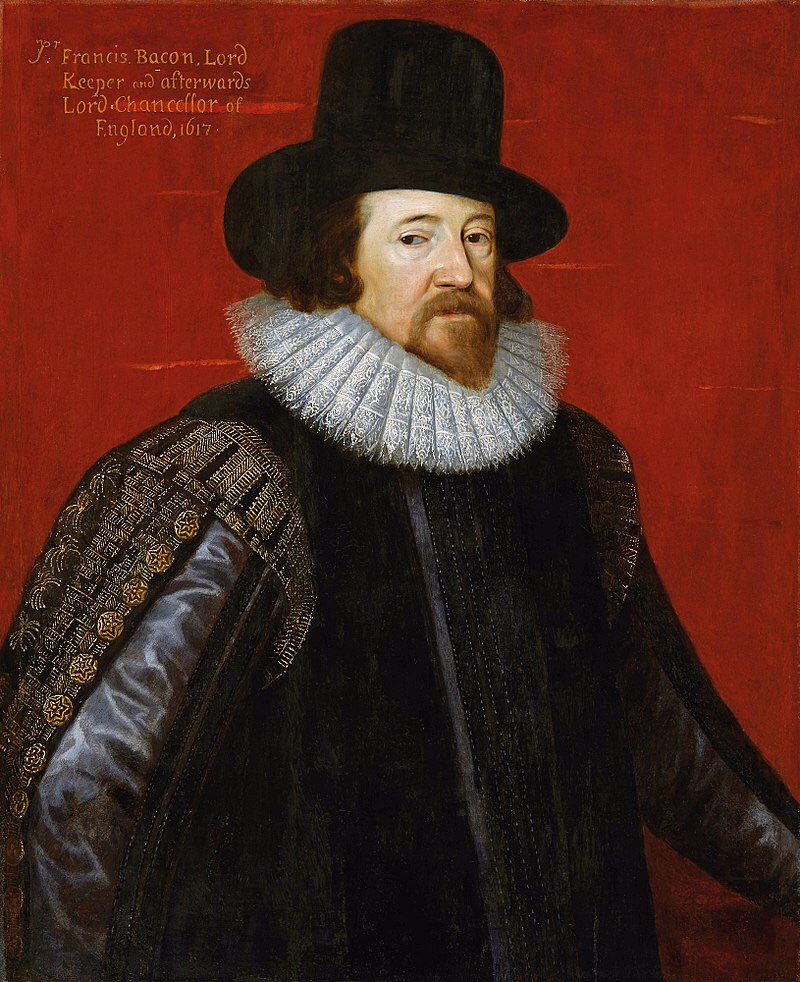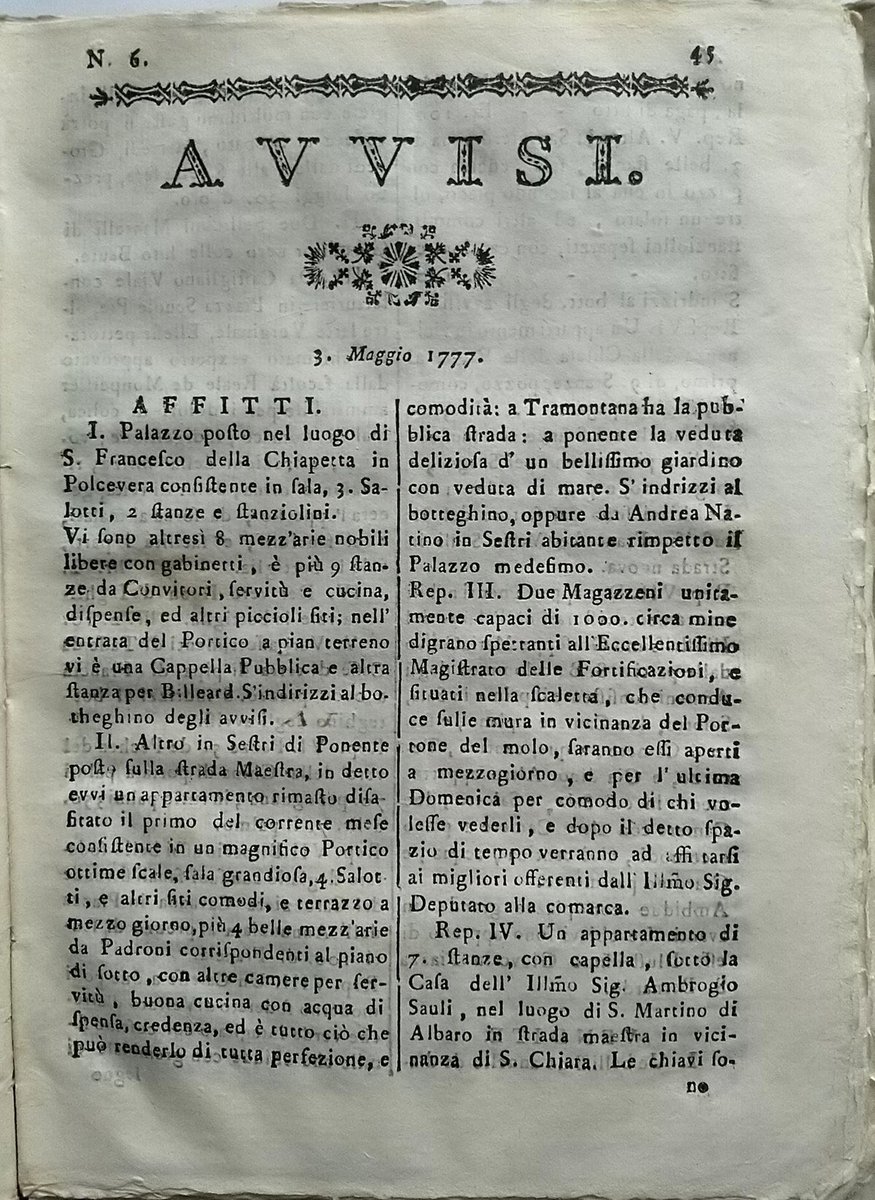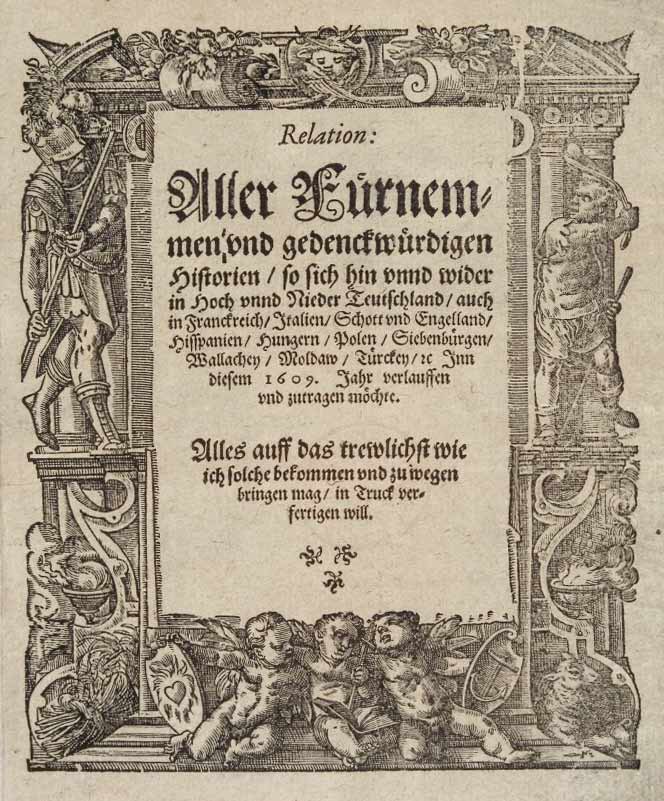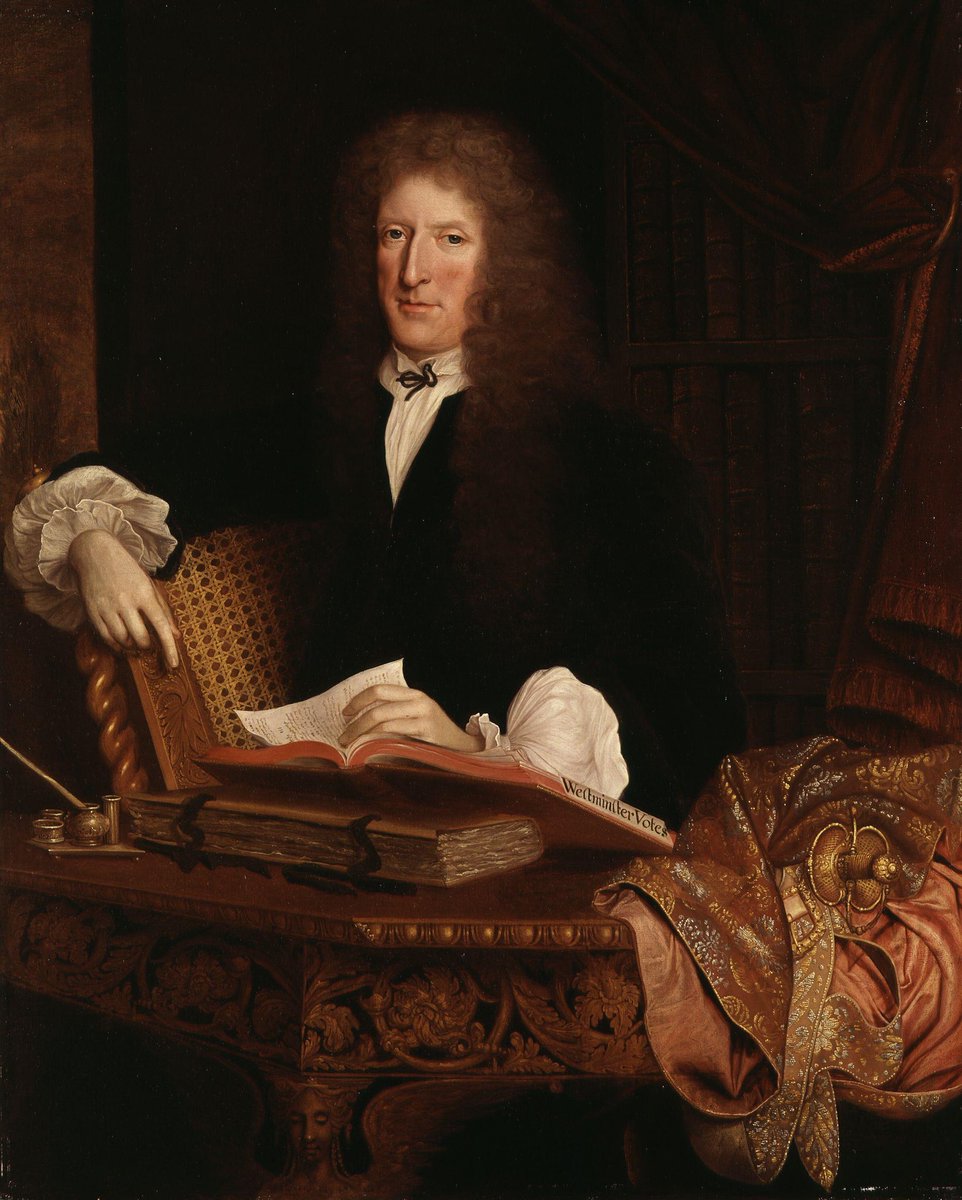I’m a journalist who runs an independent news organization. I’m also an amateur journalism history nerd. There are many parallels between early newspapers and today — how partisanship and misinformation gave rise to a modern concept of editing.
Nerds, pull up a chair 1/13
Nerds, pull up a chair 1/13
In 1620, English statesman and dope ass hat wearer Francis Bacon “named printing, gunpowder and the nautical compass as the three modern inventions that ‘have changed the appearance and state of the whole world’.
After other printing forms, early newspapers appeared.
They were purely platform companies—no original content; mostly they published unedited personal letters.
You know, whatever hot takes or funny memes or Gossip Girls quizzes fit to print
https://www.google.com/amp/s/aeon.co/amp/essays/how-personal-letters-built-the-possibility-of-a-modern-public 3/13
They were purely platform companies—no original content; mostly they published unedited personal letters.
You know, whatever hot takes or funny memes or Gossip Girls quizzes fit to print
https://www.google.com/amp/s/aeon.co/amp/essays/how-personal-letters-built-the-possibility-of-a-modern-public 3/13
These democratic newspaper platforms horrified established leaders.
Suddenly common folk and the most powerful were on the page. Anything could get printed. There was no way to distinguish what was fact — and what was, say baseless voter fraud claims by a deranged narcissist
Suddenly common folk and the most powerful were on the page. Anything could get printed. There was no way to distinguish what was fact — and what was, say baseless voter fraud claims by a deranged narcissist
Pamphleteers, subscription news services (including formats like the avvisi) and even playwrights and balladeers were the established media. Their processes took time, with revisions, and were for a more refined class.
They hated these new tech platform companies (newspapers)
They hated these new tech platform companies (newspapers)
Dramatist Ben Johnson made a play called “A Staple of News” and it lampooned newspapers.
In the play, he especially ripped early publisher Nathaniel Butter — who among other sins published all sorts of low class stuff like the first edition of a play called King Lear 6/13
In the play, he especially ripped early publisher Nathaniel Butter — who among other sins published all sorts of low class stuff like the first edition of a play called King Lear 6/13
News pamphlets were single-issue, often anonymous. They were the Medium posts of the day.
Early Pamphleteers thought newspapers would rip apart society because rather than waiting for something important to report, they were regularly publishing, like all the time
Early Pamphleteers thought newspapers would rip apart society because rather than waiting for something important to report, they were regularly publishing, like all the time
In 1679, Lutheran pastor Johann Ludwig Hartman added “newspaper reading” to his list of vices alongside dancing, gambling, drinking and idleness
8/13
8/13
Critics of early newspapers focused on three main issues:
 They caused information overload
They caused information overload
 They fueled partisanship and divisiveness
They fueled partisanship and divisiveness
 They promoted salacious opinion over fact
They promoted salacious opinion over fact
 They caused information overload
They caused information overload They fueled partisanship and divisiveness
They fueled partisanship and divisiveness  They promoted salacious opinion over fact
They promoted salacious opinion over fact
What happened over the next 300 or so years? Publishers experimented to find ways to profit off more accurate information.
Newspapers adopted many of the best practices of the established media formats. People valued fact and editing.
They solved problems for their audience
Newspapers adopted many of the best practices of the established media formats. People valued fact and editing.
They solved problems for their audience
Revealingly though the word “journalist” first shows up in 1693, “journalism” only comes around 140 years (!) later in 1833, when a set of principles and culture and tradecraft had been codified
All of this has happened all over again: creative destruction has given us democratic platforms with open letters.
We threw out the editors.
Now the platforms are once again recognizing that people do want some degree of editing.
Once again it will come in new forms
We threw out the editors.
Now the platforms are once again recognizing that people do want some degree of editing.
Once again it will come in new forms
As English pamphleteer Sir Roger L’Estrange said in 1687:
“Tis the press that made ‘em mad, and the press must set ‘em right again.”
-30-
“Tis the press that made ‘em mad, and the press must set ‘em right again.”
-30-
Shoutout to historian Andrew Pettegree’s “Invention of the News” http://christopherwink.com/2020/01/15/the-invention-of-news-history-journalism/
And Todd Andrlik’s “Reporting the Revolutionary War” http://christopherwink.com/2019/07/30/note-on-reporting-the-revolutionary-war-from-2012-by-todd-andrlik/
For great background here
And Todd Andrlik’s “Reporting the Revolutionary War” http://christopherwink.com/2019/07/30/note-on-reporting-the-revolutionary-war-from-2012-by-todd-andrlik/
For great background here
If you’re looking for more state of journalism stuff, join me Saturday at a pretty stacked 12th annual @kleinnewscamp https://kleincamp.com/2020/10/29/klein-camp-2020-confirmed-speakers/ #kleincamp20

 Read on Twitter
Read on Twitter







